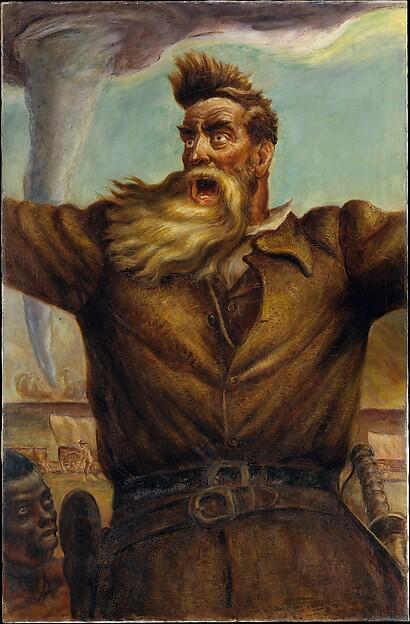- Trial Court Law Libraries

Article 25 (1780)
No subject ought, in any case, or in any time, to be declared guilty of treason or felony by the legislature.
Precedents, Following Law, and Quotations
Article 3, Section 3, U.S. Constitution (1789):
“Treason against the United States, shall consist only in levying war against them, or in adhering to their enemies, giving them aid and comfort. No person shall be convicted of treason unless on the testimony of two witnesses to the same overt act, or on confession in open court.
The Congress shall have power to declare the punishment of treason, but no attainder of treason shall work corruption of blood, or forfeiture except during the life of the person attainted.”
Massachusetts General Laws, c. 264 § 1 (current):
"Treason against the commonwealth shall consist only in levying war against it, or in adhering to the enemies thereof, giving them aid and comfort; it shall not be bailable.”
Massachusetts General Laws, c. 264 § 4 (current):
“No person shall be convicted of treason except by the testimony of two witnesses to the same overt act of treason whereof he stands indicted, unless he confesses the same in open court.”
Joseph L. Story, Commentaries on the Constitution of the United States, Book 3, Chapter 28 “Power of Congress to Punish Treason” (1833), p.170:
“The punishment of high treason by the common law, as stated by Mr. Justice Blackstone, is as follows: 1. That the offender be drawn to the gallows, and not be carried or walk, though usually (by connivance at length ripened into law) a sledge or hurdle is allowed, to preserve the offender from the extreme torment of being dragged on the ground or pavement. 2. That he be hanged by the neck, and cut down alive. 3. That his entrails be taken out and burned, while he is yet alive. 4. That his head be cut off. 5. That his body be divided into four parts. 6. That his head and quarters be at the king’s disposal. These refinements in cruelty (which if now practised would be disgraceful to the character of the age) were, in former times, literally and studiously executed; and indicate at once a savage and ferocious spirit. . .”
Taylor McConkie, “State Treason: The History and Validity of Treason Against Individual States”, 101 Kentucky Law Journal 2, Article 3 (2013) :
“State courts have decided surprisingly few cases involving state treason. Since ratification of the Constitution, state courts have completed only two treason prosecutions. The first was Rhode Island’s 1844 prosecution of Thomas Dorr; the second was Virginia’s 1859 prosecution of John Brown. In both cases, the defense argued that state treason is an unconstitutional usurpation of federal authority, but in both cases, the court held otherwise.”
John Steuart Curry, “John Brown”, study for “Tragic Prelude”, (1939)

